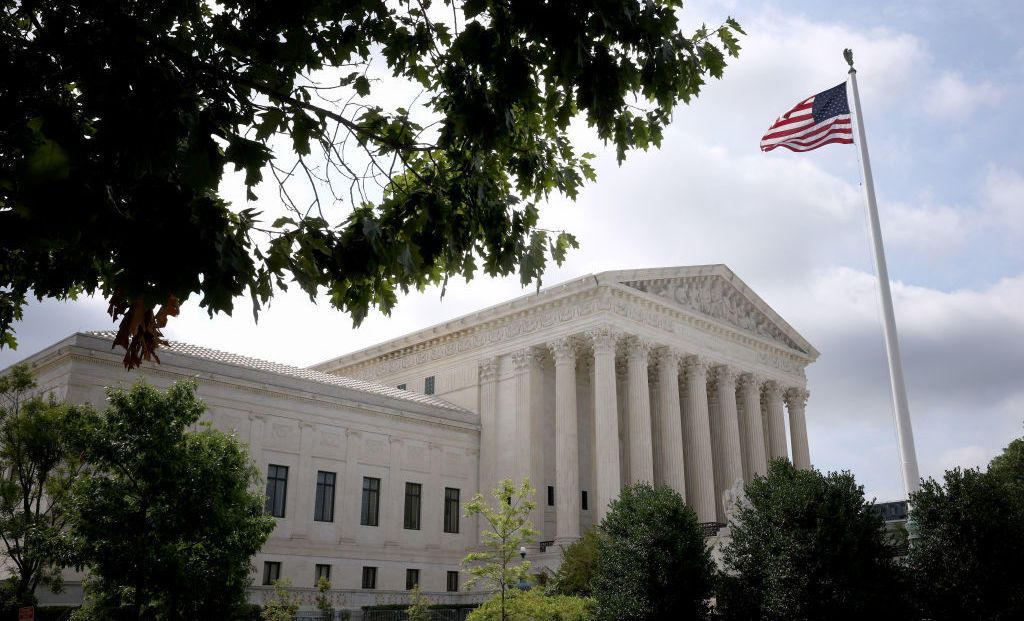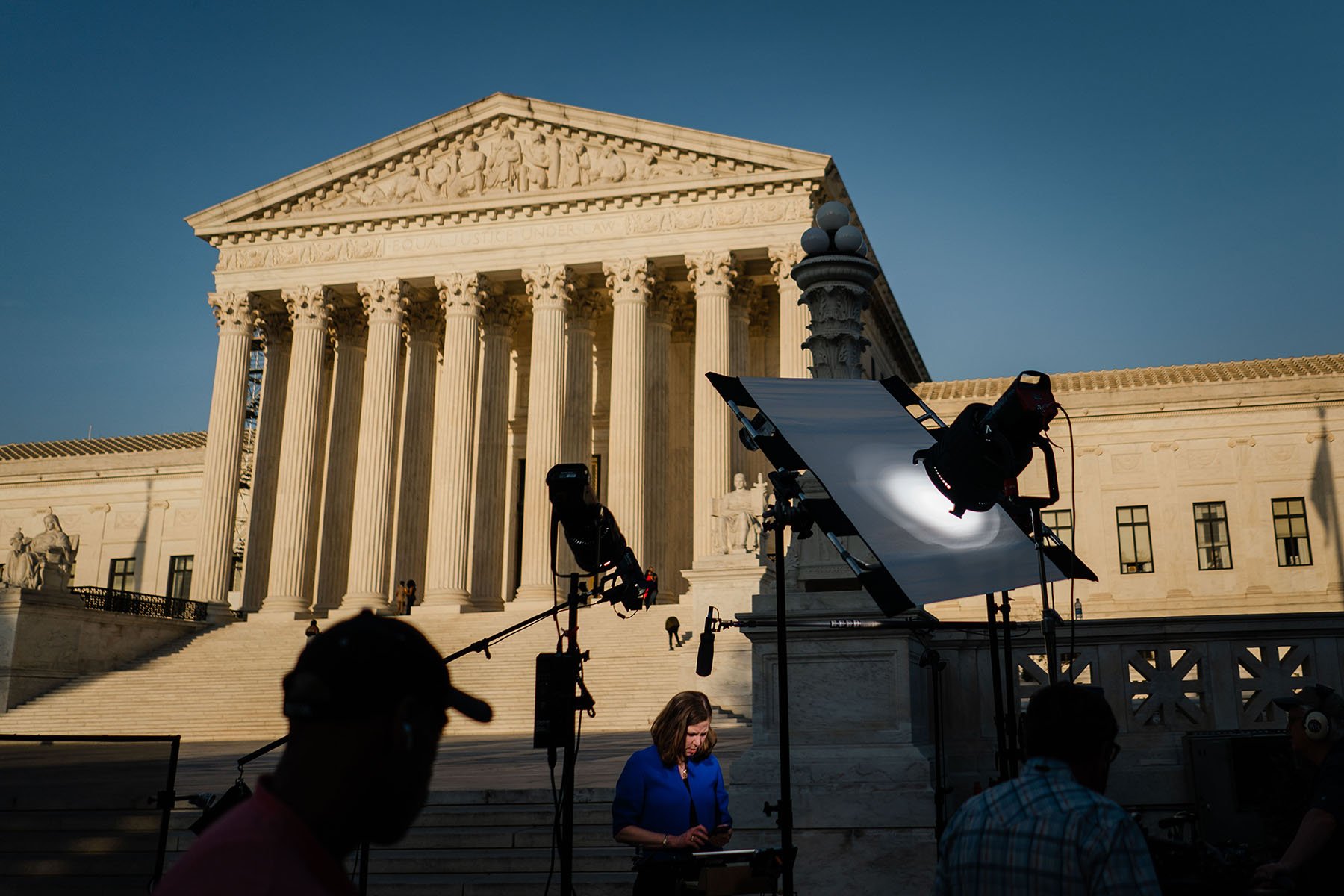
Hank Sanders, a former Alabama state lawmaker who has long been politically active in the state, knew there would be a decision since the court heard arguments in the case last fall. Alabama, Mississippi, North Carolina and Texas introduced restrictive voter ID requirements, while Florida, Georgia and Virginia sought to purge their voter rolls of thousands of eligible minorities.WASHINGTON (AP) - This week’s Supreme Court decision ordering Alabama to redraw its congressional districts was seen by many minority lawmakers and voting rights activists as a stunning victory with the potential to become a major stepping stone for undoing political maps that dilute the strength of communities of color. Immediately following the Shelby ruling, lawmakers in several previously covered areas enacted controversial new voting changes, many of which have been challenged in federal courts. Writing for the majority, Chief Justice John Roberts argued that systemic racism and discrimination in voting practices were “based on 40-year-old facts” with “no logical relation to the present day.” Local officials can now close polls or change voting laws without the permission of the federal government.
#SUPREME COURT LATEST DECISIONS VOTING RIGHTS FREE#
Holder, allowing local officials free reign over voting rules once again. But in 2013, the Supreme Court gutted the Act in its ruling on Shelby County v. And it went further than that: it also required areas of the country with a history of using these discriminatory tactics to obtain federal approval before making any changes to voting. The landmark 1965 Voting Rights Act sought to officially end restrictions that had disenfranchised millions of minority voters for decades, mandating the abolition of literacy tests and other discriminatory restrictions on voting.

This shift away from the Democratic party by white voters was sustained over time. This was the result of a large shift in the political preferences of white voters, particularly those opposed to the Civil Rights movement who became significantly more likely to identify as Republican as a result of the imposition of anti-discrimination protections. In another interesting finding, Ang’s research shows that while the Voting Rights Act increased minority participation over several decades, Democratic support actually dropped by 5 to 6 percent after federal oversight was mandated in 1965. “While the true impact of the Shelby ruling may not be known for several years, these results provide early evidence that the Supreme Court’s decision may undermine decades of voting rights progress,” Ang concluded. The graphic above shows the impact of the original Voting Right Act and the 2013 Shelby ruling on minority voter turnout in counties once subject to federal oversight. In the 2016 presidential election, the first national election following the 2013 Supreme Court ruling, counties that were freed from federal oversight saw minority voter turnout drop more sharply than it had in decades. The study shows that the federal oversight provided under the Voting Rights Act increased minority voter turnout by as much as 30 percent, gains that persisted for more than 40 years and continued through 2012, the last presidential election under federal oversight protections. Ang’s study provides the first rigorous assessment of the impacts of the Shelby County v.

In the new study, “Do 40-year-old Facts Still Matter?”, Desmond Ang, assistant professor of public policy at Harvard Kennedy School, looks at the impact of the 2013 Supreme Court ruling which ended federal oversight of local voting rules and practices. This issue is key as access to voting booths may be a determining factor in election outcomes across the United States in 2018 and beyond. Holder Supreme Court Ruling on minority voter turnout. Taubman Center for State and Local GovernmentĪs the 2018 midterm elections fast approach and the issues of voting rights and voter suppression remain hotly debated topics and election margins predicted to be close, a new Harvard Kennedy School study shows the possible long-term negative impacts of the Shelby County v.



 0 kommentar(er)
0 kommentar(er)
